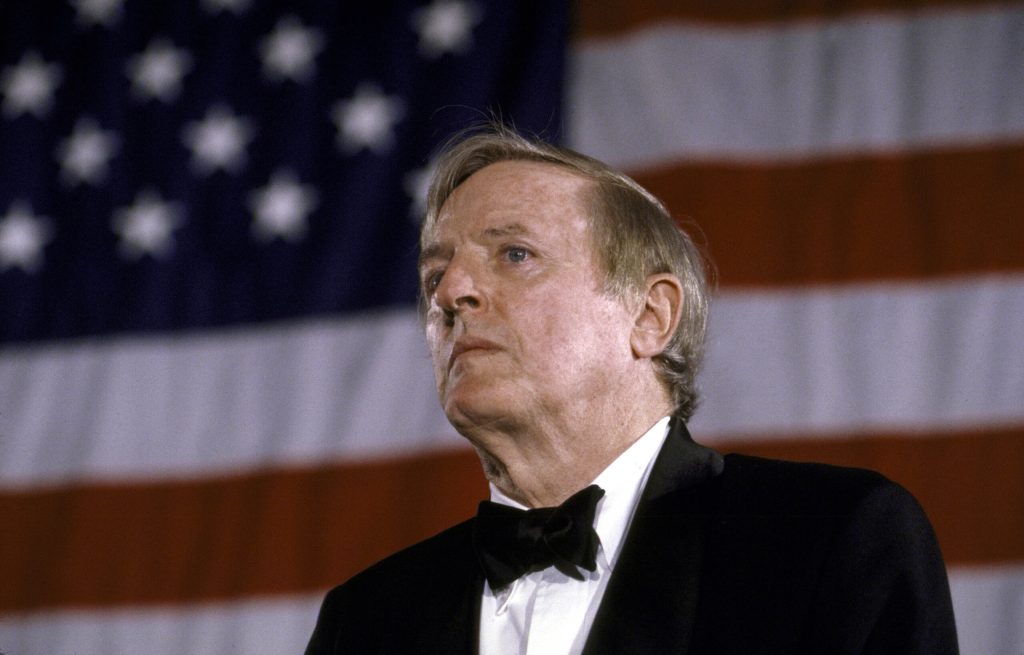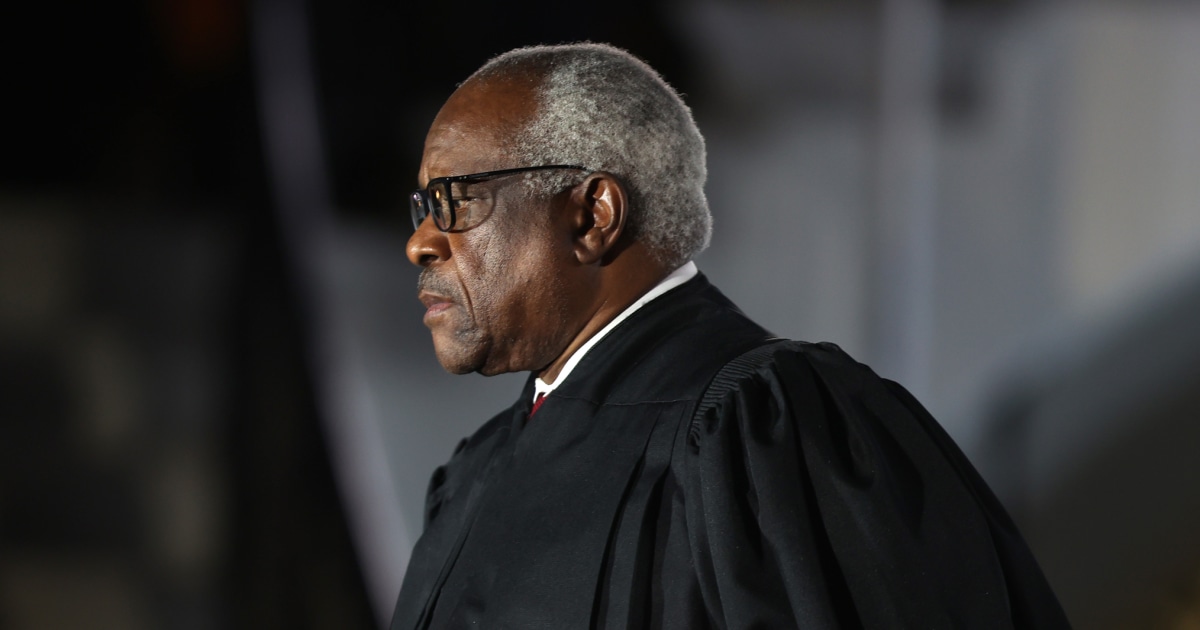Tenure is on life support, and so are academic freedom of speech and inquiry as we have known them since at least the mid-twentieth century. This turn of events is a conservative achievement, the dream-come-true of generations of right-wing would-be campus reformers. So why are so many on the right glum about the state of the university and hankering to restore a free-speech regime they spent decades targeting?
The latest sign of tenure’s demise comes from the University of Pennsylvania, where law professor Amy Wax faces a complaint from her dean, Theodore Ruger, and a “faculty hearing to consider imposing ‘major sanction,’” according to the New York Times. Ruger’s move comes after years during which he resisted calls to discipline Wax, a welfare-law expert who has spoken often of IQ and race.
Not all of the conduct in the complaint is necessarily protected by tenure. In one instance, for example, Wax is said to have told a “double-Ivy” student she owed her achievements to “affirmative action” (the professor denies this). Many allegations have to do with her tone. But many of the other allegations emphatically implicate her academic freedom of speech. That includes “race realism” (Wax’s own description of her worldview), an ideology about biological roots of racial differences hardly distinguishable from nineteenth-century “scientific” racism.
Tenure, traditionally understood, was supposed to protect even the espousal of noxious ideas. It was also supposed to guard a professor’s right to characterize a local black activist group as a “terrorist organization”—but that professor, classicist Joshua Katz of Princeton, lost his job anyway. In Katz’s case, the university used as a pretext sexual-misconduct allegations for which he had already been punished.
So, yes, tenure-based academic freedom really is dying. Yet conservatives mourning this either don’t know their own movement’s origins, or else are choosing to forget it. In many ways, the history of modern cultural conservatism is a story of opposition to unbridled academic freedom.
William F. Buckley’s God and Man at Yale (1951), the foundational text of what became the fusionist strand of conservatism, is tellingly subtitled The Superstitions of “Academic Freedom.” Setting out to critique the “collectivism” and “secularism” forced upon Yale students during his time there as an undergrad, Buckley ended up eviscerating the idea that the university should—or even could—accommodate immoral views on academic-freedom grounds. That is to say, Buckley attacked the very principle of value-neutral academic freedom that his conservative heirs today frequently champion, including in the pages of National Review.
“Truth will emerge victorious,” “error will suffer ignominy,” “the scholar’s freedom is essential to the country’s freedom”: These slogans of liberal “academic freedomites,” as Buckley called them, amounted to half-truths (at best) that might have had some application to the scholar’s role as a researcher, but didn’t belong in the classroom, where he carried out his other great commission: teaching truth.
Buckley denied the professor’s right to disseminate immoral or—yes—politically incorrect convictions on the grounds that “truth is probably not apprehendable.” He granted that ultimate truths (about God and man) may be beyond demonstrative knowledge. But in the absence of complete certainty, “the best we can do is exercise the greatest diligence, humility, insight, intelligence, and industry in trying to arrive at the nearest values to truth,” a requirement that ruled out treating the university as a free-for-all ideological space.
Buckley likewise blasted the idea, so commonly encountered among today’s conservative defenders of academic freedom, that truth will inevitably rise above the din of the marketplace of ideas, that the mere clash of ideas would automatically bolster the good, the true, and the beautiful. On the contrary, he wrote, “truth does not necessarily vanquish. What is more, truth can never win unless it is promulgated”—not least by the teacher.
Then the National Review founder went still further, by demonstrating that not even the supposedly liberal university, such as it existed in the 1950s, practiced academic freedom. Racists and anti-Semites weren’t welcome even then, he reported. Yale administrators, meanwhile, urged all members of their community to hold fast to the teachings of Christ. They joined President Dwight Eisenhower and other powerful figures in insisting that Communists didn’t belong on campus (Buckley would have had them go further, by barring socialists and atheists, too). Moreover, as Buckley showed, the supposedly neutral professional standards scholars imposed on each other served as ideological sieves, sifting liberal (welcome) from nonliberals (not welcome).
One way or another, Buckley concluded, universities inculcate values, and “where values are concerned, effective teaching is difficult and stifled, if not impossible, in the context of neutrality,” which is but “a lazy denial of educational responsibility.”
From the 1950s through the post-9/11 era, and from the elite higher-ed conservatism of the likes of Allan Bloom, William Bennett, Roger Kimball, and Mark Bauerlein to its lowbrow emanations on Fox News, the right rippled with anxiety about “tenured radicals” using academic freedom as a cover to brainwash Junior into Frenchified critical theory. These thinkers believed that colleges were tasked with transmitting a tradition, an American ideal of truth. The subtext, sometimes made explicit, was that other traditions had to be, if not excluded, then denigrated in the classroom. They did not appeal to a neutral marketplace of ideas.
Subscribe Today
Get weekly emails in your inbox
In form, though certainly not in substance, these thinkers’ arguments were more akin to those of the “woke” enemies of academic freedom than the free-speech neutralism promoted by today’s campus speech warriors. Buckley believed that certain ideas—socialism, atheism, Keynesianism—caused harm to the moral formation of young people. He was prepared to allow a scholar’s freedom to “explore” these ideas in the solitude of his library, but not his ability to teach them as the truth of things to impressionable minds. (Yes, really.)
This is an uncomfortable legacy for modern conservatism. Yet the operations of the woke university are reaffirming the Buckley tradition of higher-education critique in real-time. Earlier right-wing critics argued—and this was their most radical point—that institutions invariably enshrine orthodoxies. In practice, Buckley’s Yale couldn’t sidestep an orthodoxy or a tradition, even if its “academic freedomites” wanted to do so. Ditto for today’s Penn, or Princeton, or Idaho State University for that matter.
The collapse of tenure and academic freedom under the battering ram of the woke, then, should be a bittersweet victory for nonliberals. Bitter, because it means the loss of one more institutional protection, however nominal, for the expression of nonliberal views. Sweet, because it implies an awakening to the reality of things, after recent years during which we mistakenly came to adopt liberal arguments about the nature of institutions.








